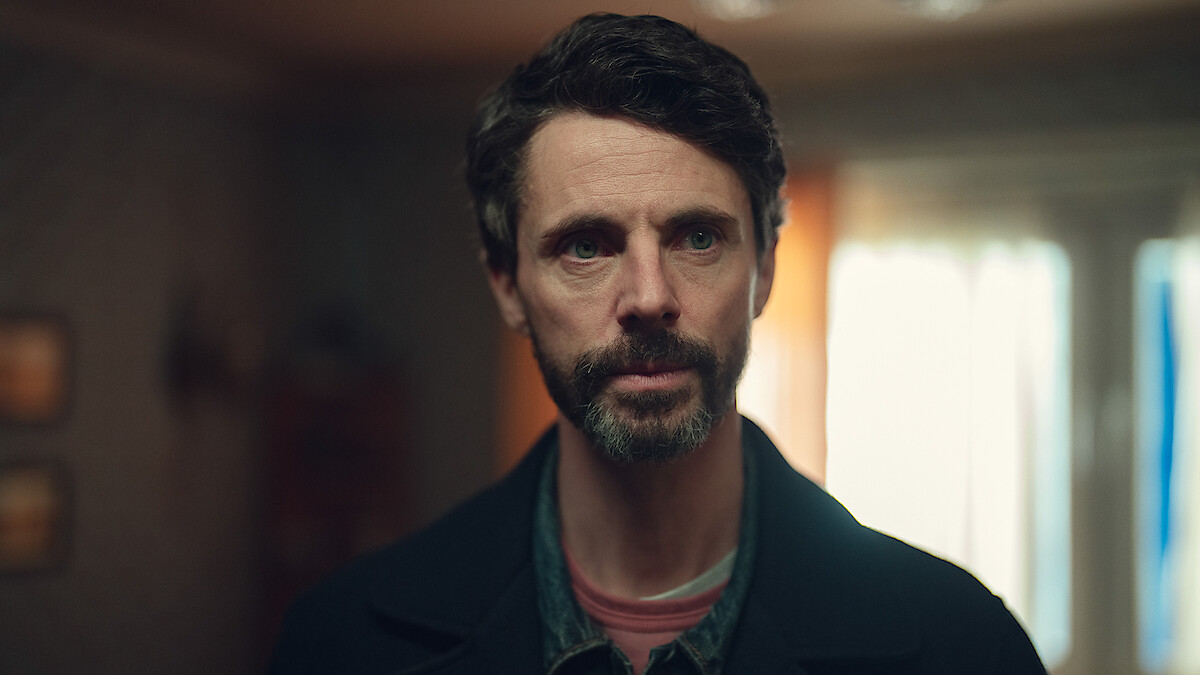Mastermind Magazine’s top read story for 2025 –
We’ve crunched the numbers and are happy to share the top online articles of the year, which you can now read at the link in bio. What was our most-read story? @whatcaityfound’s interview with #MatthewGoode, photographed by @scotttrindle and styled by @stephaniewaknine ❤️ See you in 2026!
Picture and text – Mastermind Magazine Instagram








